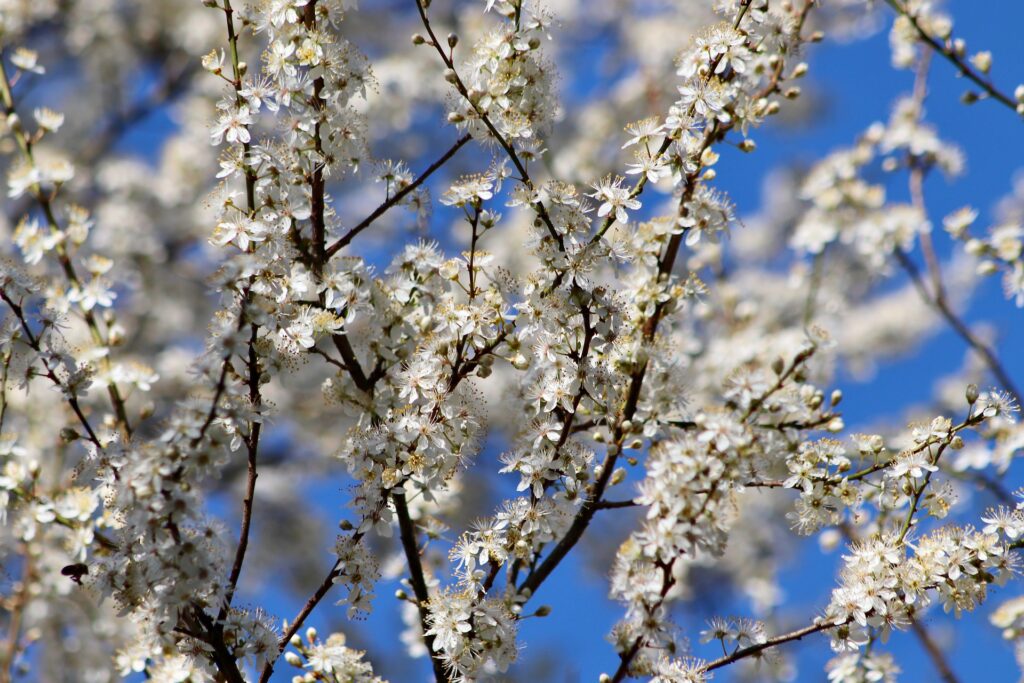Please respond to the Defra hedgerow consultation

Today we are asking you, please, to respond to the Defra hedgerow consultation. Does that sound dull and unimportant? Well, it might be slightly dull to fill in the form (but it is quick, and we are providing you with quite a lot of suggestions which will make it even quicker) but it is certainly important because hedgerows are very important refuges for farmland wildlife – birds, insects, plants, mammals, spiders … everything.
Many of the respondents will be farmers, who are likely to respond in ways that make life easy for farmers and not necessarily in ways that make life easier for wildlife. We’re sure that many farmers will respond in wildlife-friendly ways but this is your opportunity to speak up for wildlife. The proposals apply to England but responses are welcomed from all parts of the UK (as is clear from Q6).
The consultation is a consequence of Brexit and so is a test of the promises that were made that Brexit would not weaken environmental protection. We are in a wildlife crisis and Defra should be strengthening existing protection, stiffening the enforcement of existing and future protection and focusing on producing recoveries in farmland wildlife. This consultation scores low points in those areas. There is a danger that Defra weakens the existing rather feeble levels of environmental protection at the behest of the intensive agriculture lobby.
The consultation closes on Wednesday 20 September, presumably at midnight, and so you have seven days including today to respond. Here is the link to the consultation:
If you have responded to a government consultation before then you’ll find this one very easy – there are lots of Yes/No questions and boxes for (optional) comments. Unless you want to go overboard it won’t take you more than 10 minutes to answer all the questions and make brief comments. If you’ve never responded to a government consultation before, then this is a good place to start because it is quite straight forward.
OK, let’s get started.
There are 26 questions but the first eight are about you (eg what’s your name?) so they are easy. The last two questions are about the form so respond to them or not depending on your frame of mind.
That leaves 16 questions but almost all of them can be answered Yes or No. You can, of course, answer the questions however you want, but these are our suggestions based on our view that the current regulations are too weak, they need to be strengthened rather than weakened and that our proposals for strengthening them will not disadvantage the farming industry, food production or profitability to any significant degree.
So, you’re less than 100 keyboard strokes from having your say:
Q9: Yes
Q10: No
Q11: No
Q12: Yes
Q13: Extend beyond 31 August
Q14: No
Q15: Yes
Q16: No
Q17: Yes
Q18: [Skip or see below]
Q19: Yes
Q20: Yes
Q21: Yes
Q22: Yes
Q23: Yes
Q24: Yes
You could stop there – thank you! You’ve stood up for hedgerow protection just by answering those questions. But if you want to add comments then these are what we would suggest (feel free to copy and paste these suggestions):
Q9: Please consider widening them to at least 3m.
Q10: Small fields have wildlife too – conceivably more of it per unit area. We are in a wildlife loss crisis and farmland has lost more wildlife than most other habitats/land uses. We should be doing more not the same (it clearly isn’t working) or less.
Q11: I can’t see any reason why.
Q12: You have not defined ‘important’ bird species – all bird species and all wildlife species are important. All wild birds and their nests are protected by law – the no-cutting period is a simple means of ensuring that nests are not destroyed accidentally and it simplifies farmers’ lives in that otherwise they should check all hedgerows for active bird nests before hedge cutting.
Q13: I can’t see any good reason to shorten the period.
We are in a wildlife loss crisis and farmland has lost more wildlife than most other habitats/land uses. We should be doing more not the same (it clearly isn’t working) or less.
As a citizen and taxpayer I expect farming to deliver more for the environment.
Many species of birds which nest in hedgerows are declining and/or rare and for some of these the late season is particularly important. Two buntings come to mind – Yellowhammer and Cirl Bunting.
But it’s not all about birds – other wildlife would benefit from later cutting dates too.
Q14: We are in a wildlife loss crisis and farmland has lost more wildlife than most other habitats/land uses. We should be doing more not the same (it clearly isn’t working) or less.
As a citizen and taxpayer I expect farming to deliver more for the environment.
The existing exemptions aren’t really needed – they are examples of farming getting an easy ride.
Roadside hedges can be cut at other times of year.
I have not seen a well-argued case for relaxing cutting dates.
Q15: leave blank
Q16: leave blank
Q17: leave blank
Q18: Regulations must be backed up by effective enforcement. Poor enforcement is to blame for the failure of many environmental policies from raptor protection, preventing sewage pollution of rivers, banning of lead ammunition in shooting wildfowl, restricting the burning of blanket bogs and adherence to the terms of general licences.
Defra should engage the public in reporting breaches of regulations and ensuring follow-up.
Q19: Yes, although I believe the benefits might be modest compared with those in agricultural land. Golf courses and renewable energy sites (windfarms and solar farms) must surely be areas where hedgerow protection can be introduced at little disadvantage to anyone.
Q20: Yes, but I have answered yes to Q20-Q24. Some combination of measures is needed and you have not consulted on a proposed mixture. This requires more thought than you can reasonably expect a member of the public to be able to provide at this stage. This is a flaw in your consultation.
Q21: Yes, but I have answered yes to Q20-Q24. Some combination of measures is needed and you have not consulted on a proposed mixture. This requires more thought than you can reasonably expect a member of the public to be able to provide at this stage. This is a flaw in your consultation.
Q22: Yes, but I have answered yes to Q20-Q24. Some combination of measures is needed and you have not consulted on a proposed mixture. This requires more thought than you can reasonably expect a member of the public to be able to provide at this stage. This is a flaw in your consultation.
Q23: Yes, but I have answered yes to Q20-Q24. Some combination of measures is needed and you have not consulted on a proposed mixture. This requires more thought than you can reasonably expect a member of the public to be able to provide at this stage. This is a flaw in your consultation.
Q24: Yes, but I have answered yes to Q20-Q24. Some combination of measures is needed and you have not consulted on a proposed mixture. This requires more thought than you can reasonably expect a member of the public to be able to provide at this stage. This is a flaw in your consultation.
Here is the link to the consultation:
https://consult.defra.gov.uk/legal-standards/consultation-on-protecting-hedgerows/
Wild Justice will respond as an organisation but we are asking you to accept the invitation from Defra to respond to this consultation as an individual. Perhaps you know others who also might want to respond to it – feel free to forward this email to them.
Thank you!
